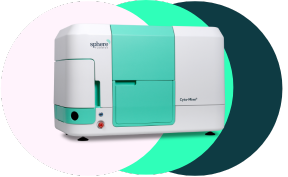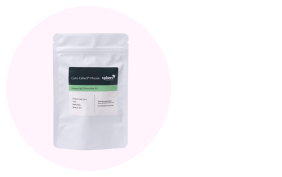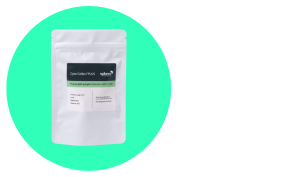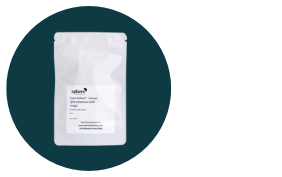How to Select the Right CHO Cell Line for Biologics Development
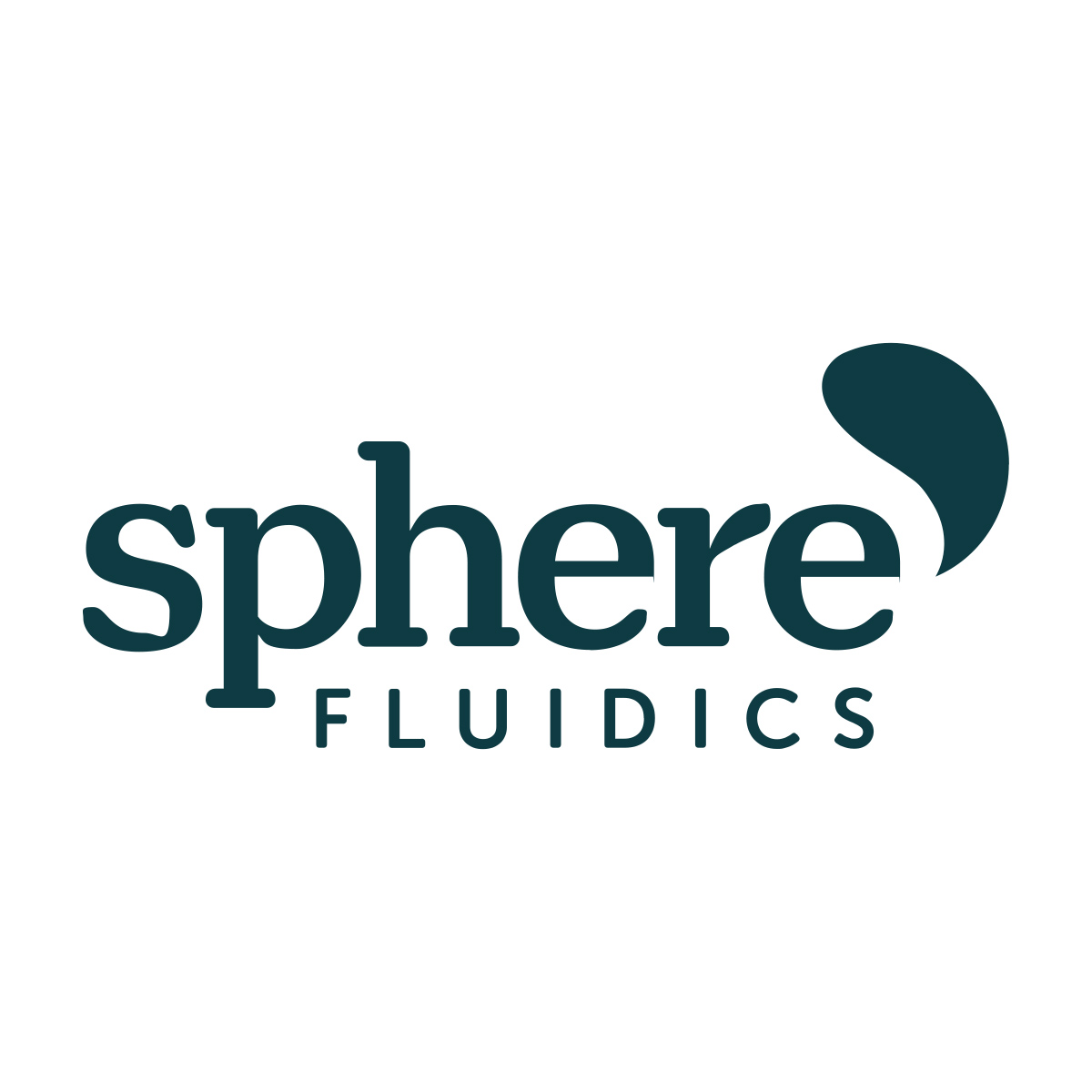
Summary
Dr. Louis Boon explores the pivotal role of Chinese Hamster Ovary (CHO) cells in biologic drug development and explains how automation and cell line platforms can optimize monoclonality, productivity, and regulatory compliance. Discover expert insights into overcoming cell line development challenges to build a solid foundation for bioprocessing success.
Research highlights
- Study Title: Which CHO cell is the right CHO cell?
- Author: Dr Louis Boon (Polpharma Biologics Utrecht)
- Published In: Drug Target Review, 30 March 2021
Key findings
- Key CHO Cell Lines: Comparison of CHO-DG44, CHO-DXB11, and CHO-K1 for biologics production.
- Enhanced Productivity: How citrulline supplementation boosts cell-specific productivity while reducing filtration challenges.
- Regulatory Readiness: Strategies to meet monoclonality standards with automated, scalable solutions.
The Next Generation: Cyto-Mine® Chroma
Automate. Accelerate. Analyze millions of cells in a single day.
Think Cyto-Mine®, but supercharged, enabling multiplexing and greater assay flexibility to fit your needs. It means that you can examine vastly greater numbers of cells — and isolate the most valuable ones— with unparalleled precision.
